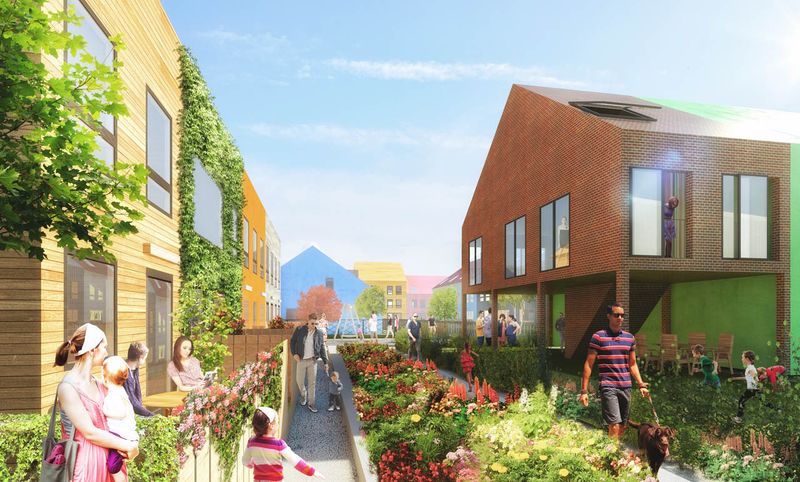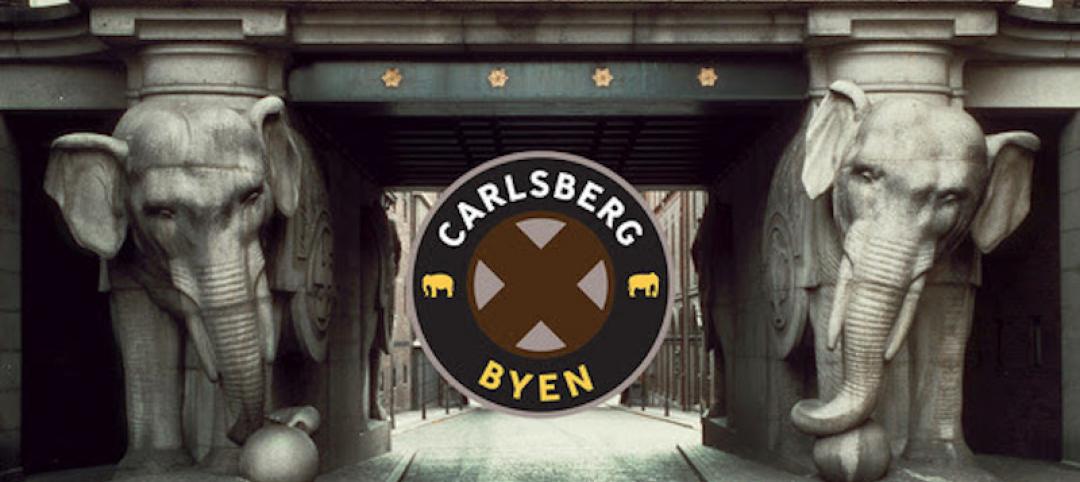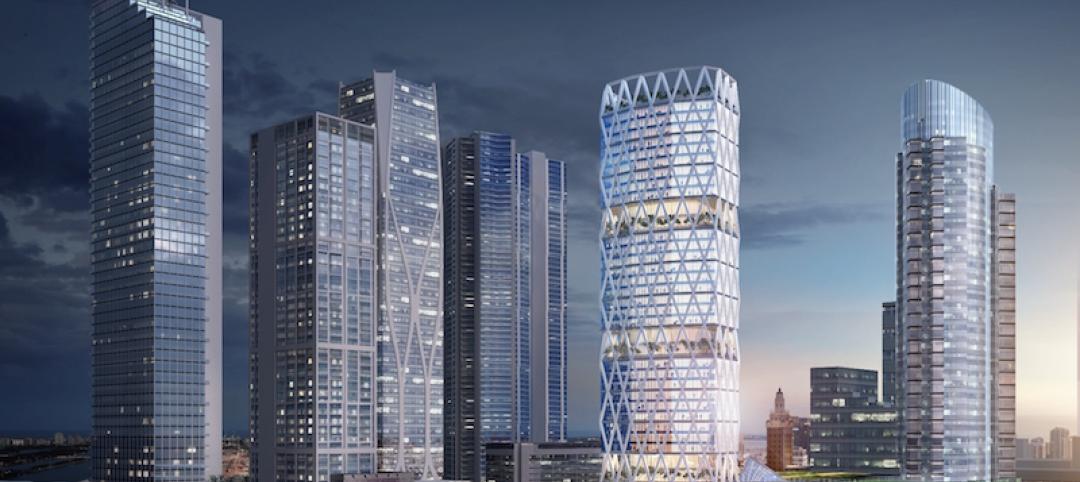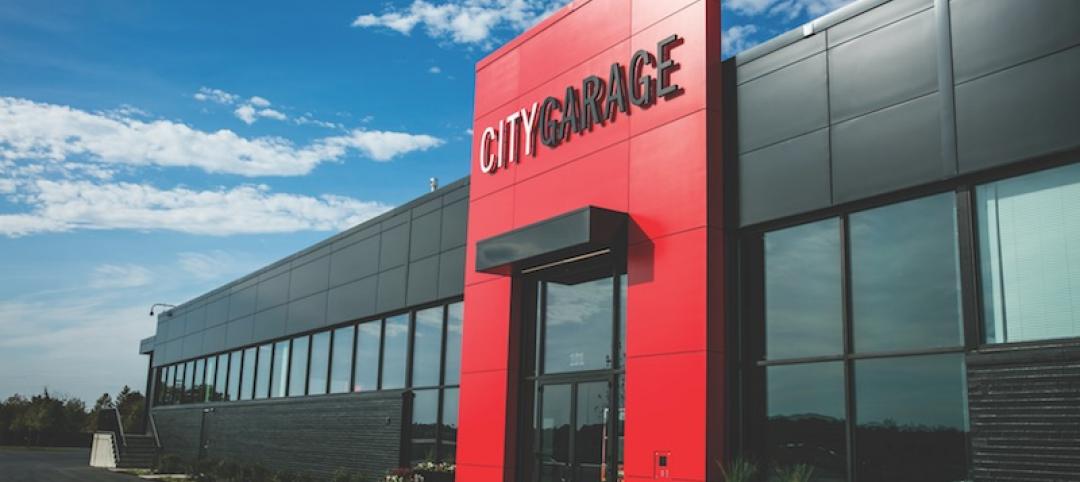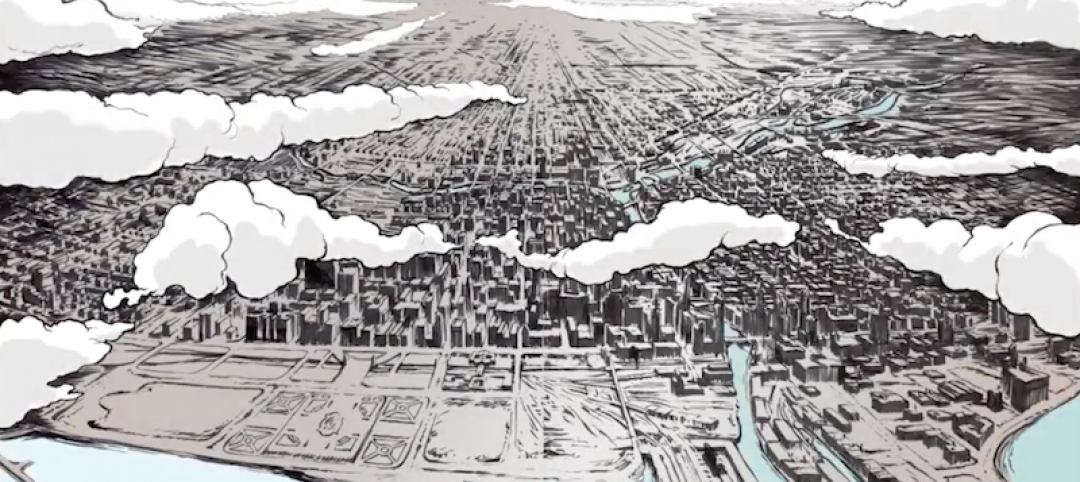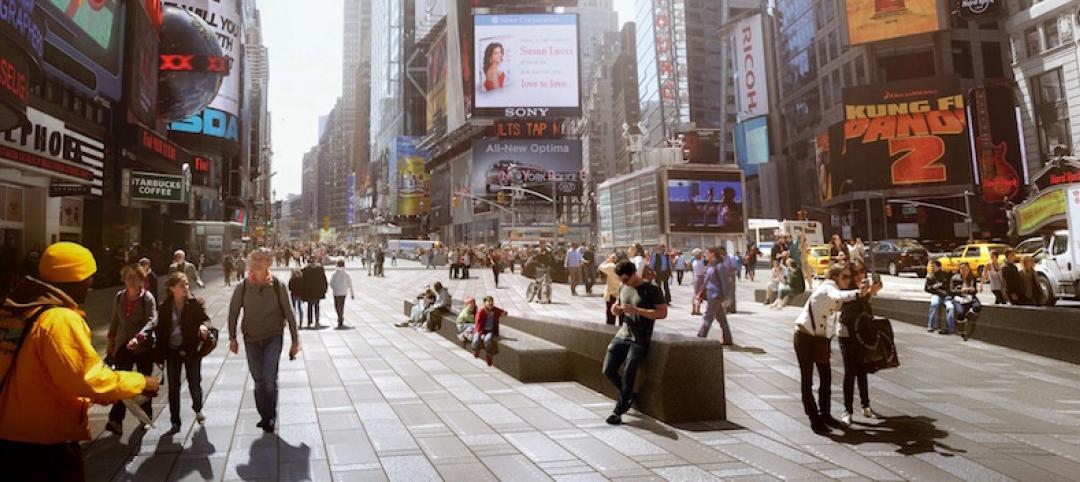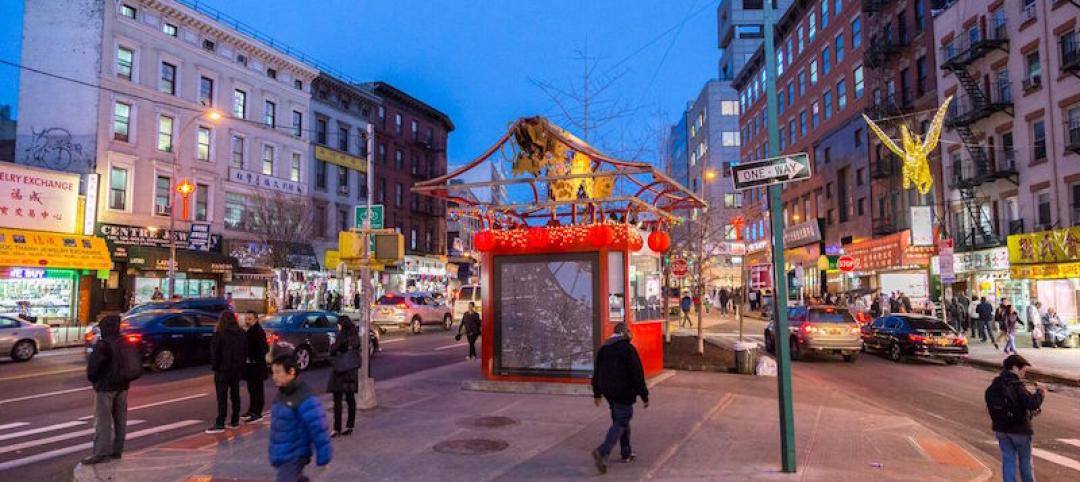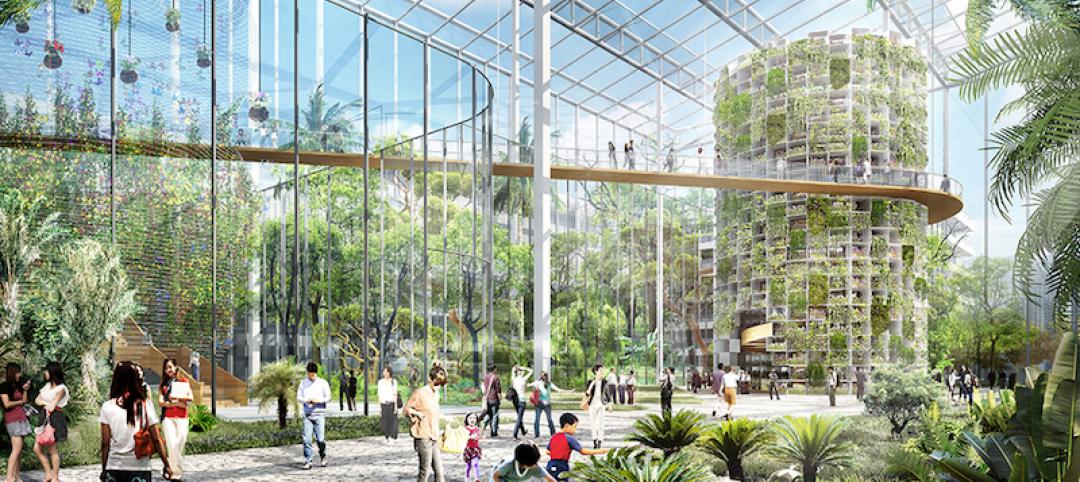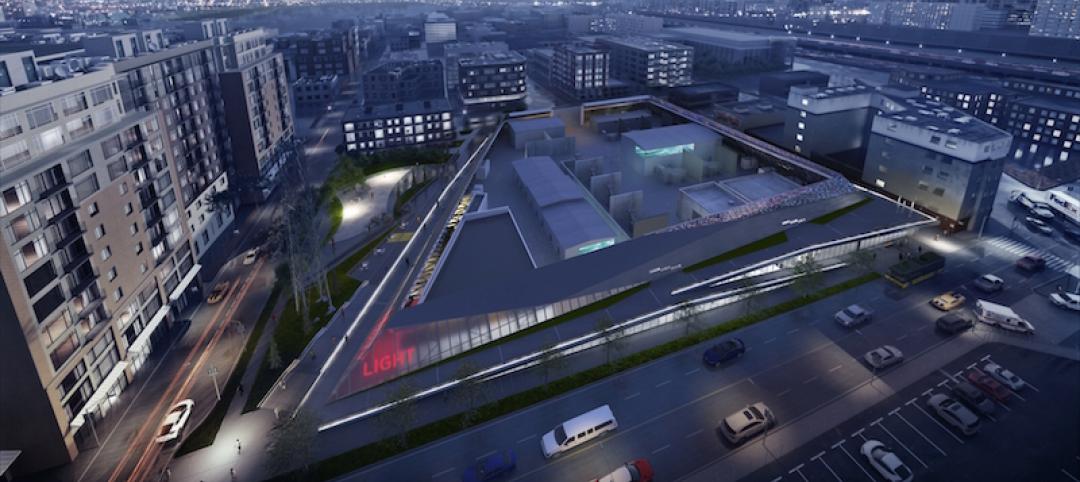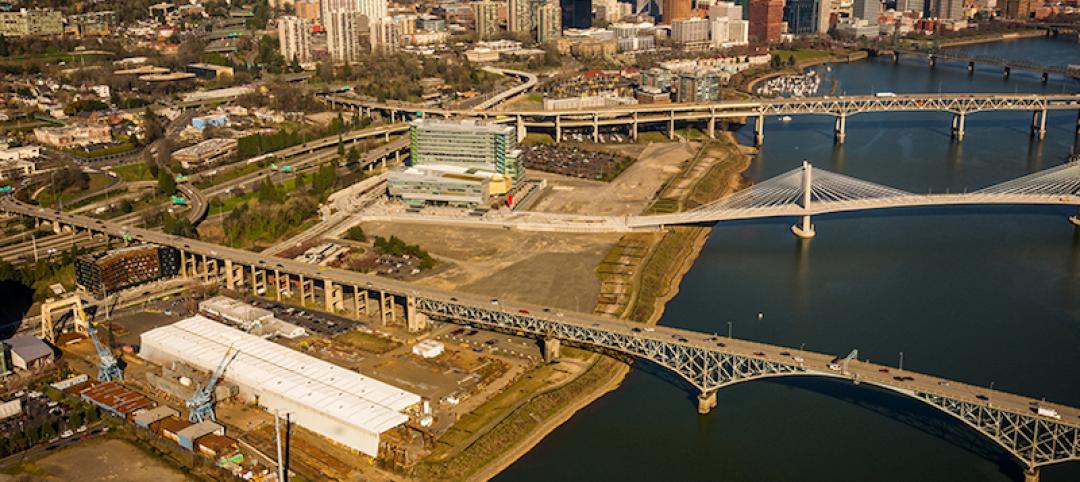Individuality and uniqueness of character are generally not thought of as things associated with the typical American suburb. Instead, suburbs tend to drum up thoughts of never-ending rows of identical houses and aerial views that look like conveyor belts at a model house factory.
While many enjoy their suburban environment and the lifestyle that comes with it, Dutch architecture firm MVRDV and homebuilder Traumhaus are looking to create a suburban village that retains all the qualities of traditional suburbs while rectifying some of their shortcomings, Curbed reports.
Utilizing one of the five districts in a major re-development of the Benjamin Franklin barracks in Mannheim, Germany, MVRDV and Traumhaus have designed 27,000 square meters of housing, gardens, and public space that they are calling Funari. Like a giant quilt, the development would mix and match various garden and dwelling typologies where each one is meant to support a different type of household and demographic.
For example, the more eco-centric family may choose to live in a vegetated house while stilt houses are perfect for those looking for a starter home with room to expand. And a monochrome wooden home may appeal to traditionalists while seniors may prefer a single story tent-house. Overall there will be five main categories for houses and they will be arranged in the neighborhood based on a predefined ratio of living types in order to ensure diversity while avoiding gentrification or community isolation, according to MVRDV’s website.
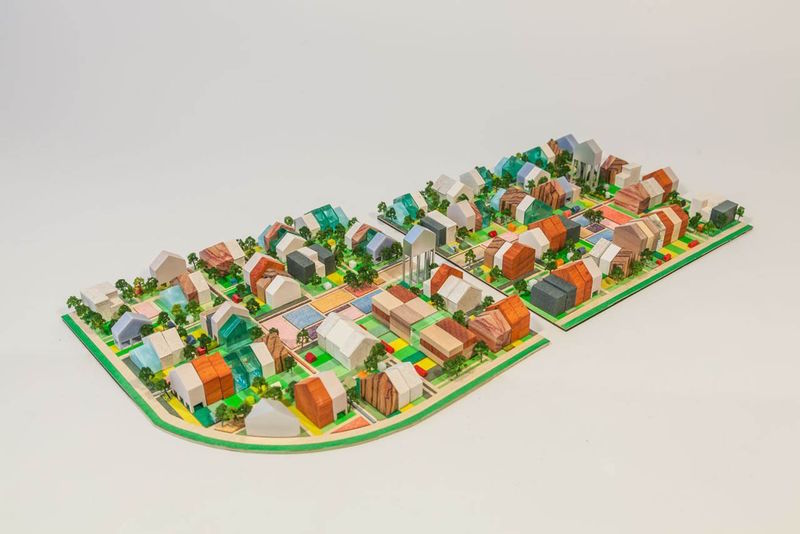 Image Courtesy of MVRDV and Traumhaus
Image Courtesy of MVRDV and Traumhaus
Encouraging diversity and eliminating boundaries is a large aspect of the proposed community. Green spaces, paths, sports parks, fruit alleys, and butterfly gardens all flow into each other to create one cohesive living space. In addition to their home typology, residents will also be able to pick their own yard type based on the style of outdoor living that suits them best. Options such as vegetable gardens, sunbathing areas, barbeques, and specific types of trees (such as apple trees) can be selected. Each home’s garden will adhere to the overall theme of the development and melt into the surrounding parks and green spaces, again, eliminating isolation and promoting community.
In addition to the single-family homes, there will also be two apartment blocks that will be open for students and the elderly without any type of segregation.
When looking at renderings of the proposed development, it my appear to be a car-free zone, which would be a massive inconvenience for many. But fear not, as an underground parking garage is located underneath the entire parcel of land, providing ample parking while keeping the ground level traffic free and less congested. There will also be a tram that runs adjacent to the development for transportation and access for emergency vehicles has been designed into the plans.
Funari is an amalgamation of one part public park and one part suburban neighborhood as it tries to combine the desire of the individual to live in a home custom-tailored to their specifications while also fostering an overall sense of community to provide a new vision for the suburban village.
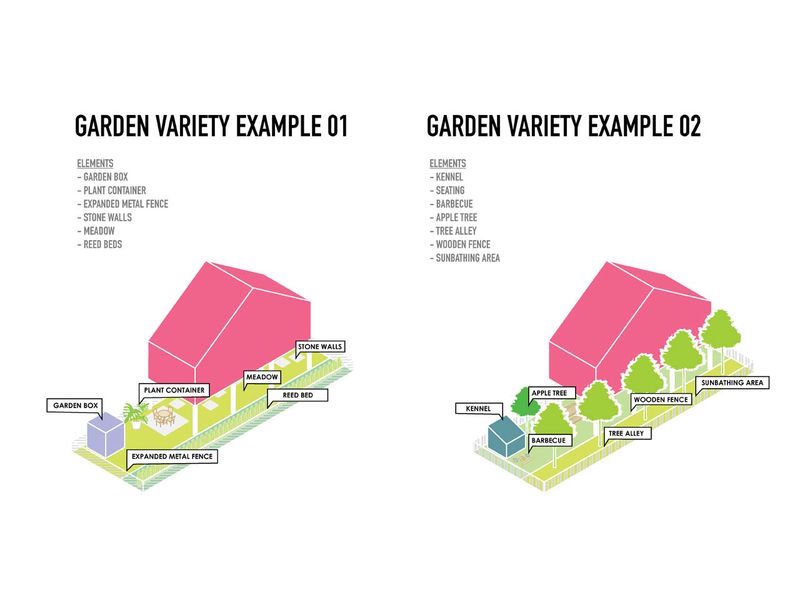 Image Courtesy of MVRDV and Traumhaus
Image Courtesy of MVRDV and Traumhaus
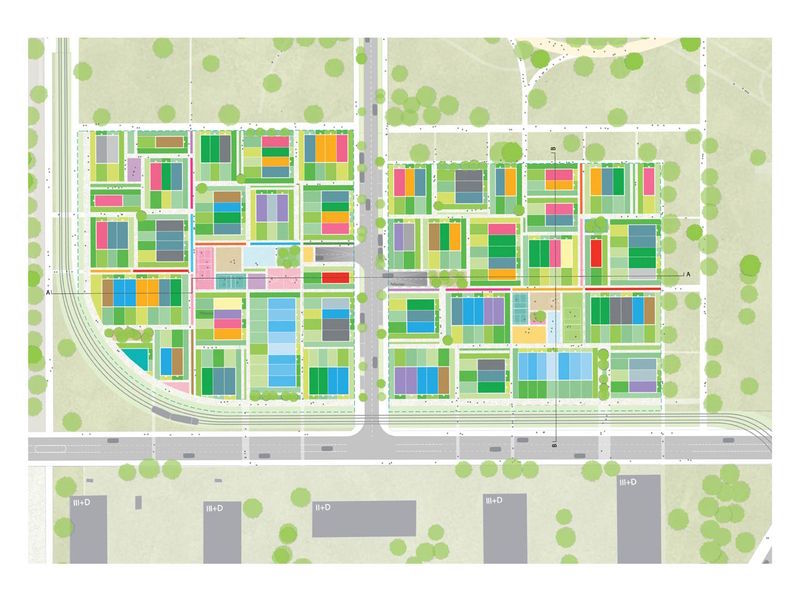 Image Courtesy of MVRDV and Traumhaus
Image Courtesy of MVRDV and Traumhaus
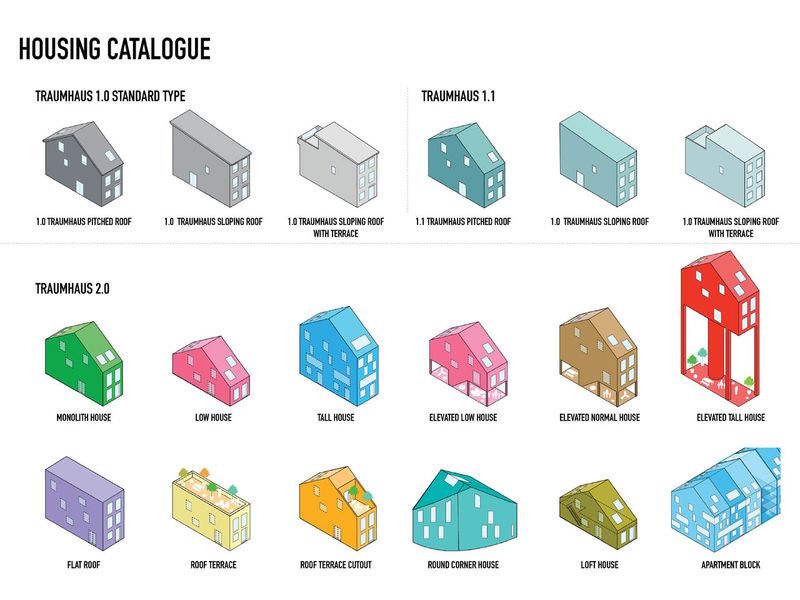 Image Courtesy of MVRDV and Traumhaus
Image Courtesy of MVRDV and Traumhaus
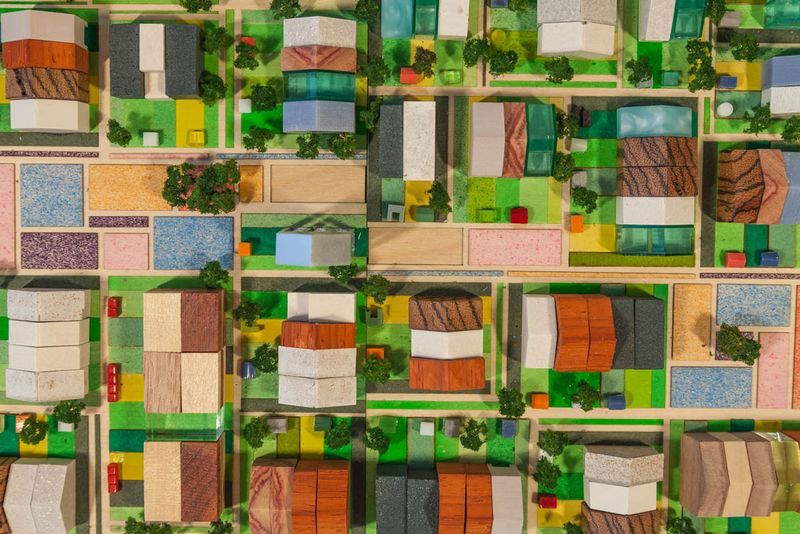 Image Courtesy of MVRDV and Traumhaus
Image Courtesy of MVRDV and Traumhaus
Related Stories
Architects | May 26, 2017
Innovations in addressing homelessness
Parks departments and designers find new approaches to ameliorate homelessness.
Mixed-Use | May 24, 2017
Schmidt Hammer Lassen Architects will develop mixed-use project on former site of Carlsberg Brewery
The 36,000-sm project will cover a city block and include a residential tower.
Mixed-Use | May 23, 2017
45-story tower planned for Miami Worldcenter
Pickard Chilton Architects will design the 600,000-sf 110 10th Street.
Movers+Shapers | May 8, 2017
Movers + Shapers: Charm City's lucky charm
Under Armour’s Kevin Plank launches a $5.5 billion redevelopment to transform Baltimore into “the coolest city in America.”
Urban Planning | Apr 24, 2017
No Small Plans hopes to inspire Chicago teens to design the city they want
Launched with a Kickstarter campaign, the Chicago Architecture Foundation aims to get No Small Plans into the hands of thousands of Chicago teens.
Urban Planning | Apr 20, 2017
Times Square renovation officially opens
The Snøhetta-designed project nearly doubles the size of public space at one of the most visited attractions in the U.S.
Architects | Apr 20, 2017
‘Gateways to Chinatown’ project seeks the creation of a new neighborhood landmark for NYC’s Chinatown
The winning team will have $900,000 to design and implement their proposal.
Green | Apr 14, 2017
Sunqiao looks to bring agriculture back to Shanghai’s urban landscape
Vertical farms will bring new farmable space to the city.
Industrial Facilities | Apr 12, 2017
Energizing the neighborhood
The Denny Substation in Seattle is designed to give local residents a reason to visit.
Urban Planning | Apr 3, 2017
Capturing the waterfront draw
People seem to experience a gravitation toward the water’s edge acutely and we traverse concrete and asphalt just to gaze out over an open expanse or to dip our toes in the blue stuff.


